
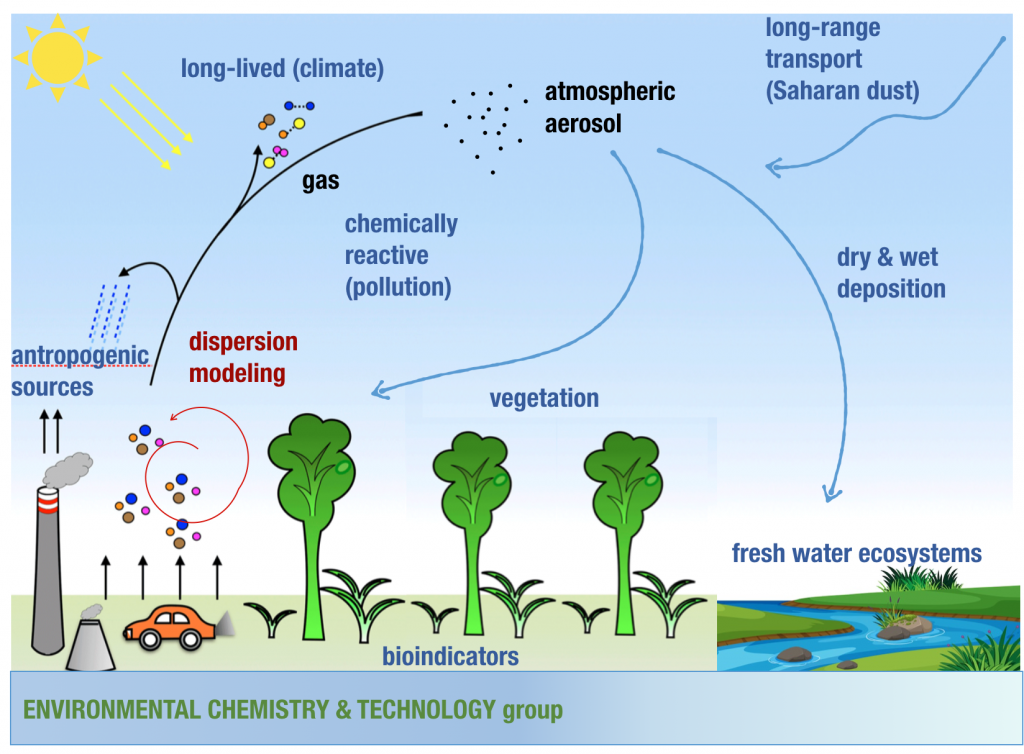
The TRACES laboratory is focused on experimental methodologies for the determination in trace and ultra-trace levels of elements, molecules and nanomaterials, characterizing their chemical speciation, isotopic abundances and optical properties, with the aim of assessing the impact on natural ecosystems, climate and the state of conservation of artistic assets. TRACES is a facility of the ECT group (Environmental Chemistry and Technology group at DCBB).
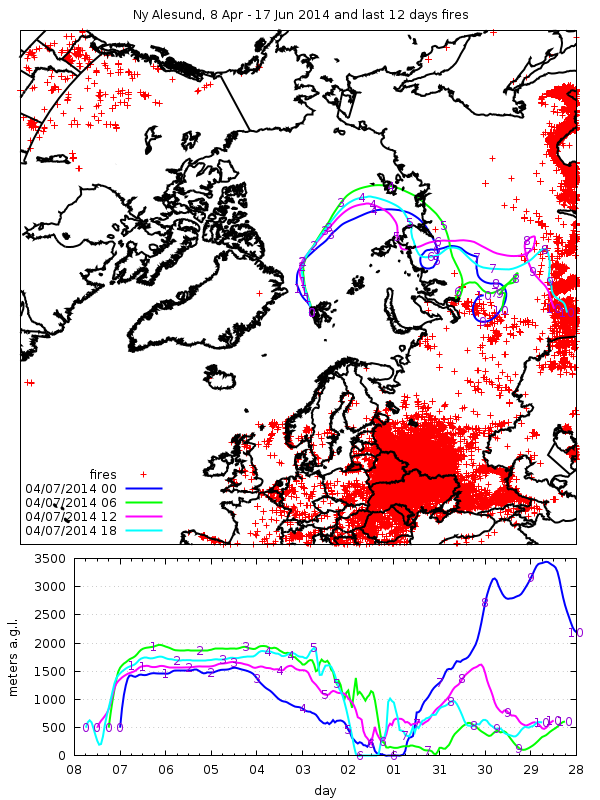
The main topic of research of ETC group is atmospheric aerosols.
Aerosols are minute particles suspended in the atmosphere. When these particles are sufficiently large, we notice their presence as they scatter and absorb sunlight. Their scattering of sunlight can reduce visibility (haze) and redden sunrises and sunsets. Aerosols interact both directly and indirectly with the Earth’s radiation budget and climate. As a direct effect, the aerosols scatter sunlight directly back into space. As an indirect effect, aerosols in the lower atmosphere can modify the size of cloud particles, changing how the clouds reflect and absorb sunlight, thereby affecting the Earth’s energy budget. Aerosols also can act as sites for chemical reactions to take place (heterogeneous chemistry). The most significant of these reactions are those that lead to the destruction of stratospheric ozone. Atmospheric aerosols contain the chemical signature of the sources of direct particle emissions into the atmosphere as well as that of the conversion of gaseous molecules into particulate-phase species.
Understanding the dynamics of the chemical composition of the atmospheric aerosol remains one of the challenges of atmospheric science. Research in the ETC group is based on chemical and morphological characterization of atmospheric aerosols in urban, remote and indoor environment, vertical profile measurements of aerosol properties by tethered balloon experiments and aerosol source apportionment methodologies, implementation and optimization of chemical transport models (Lagrangian and Eulerian).
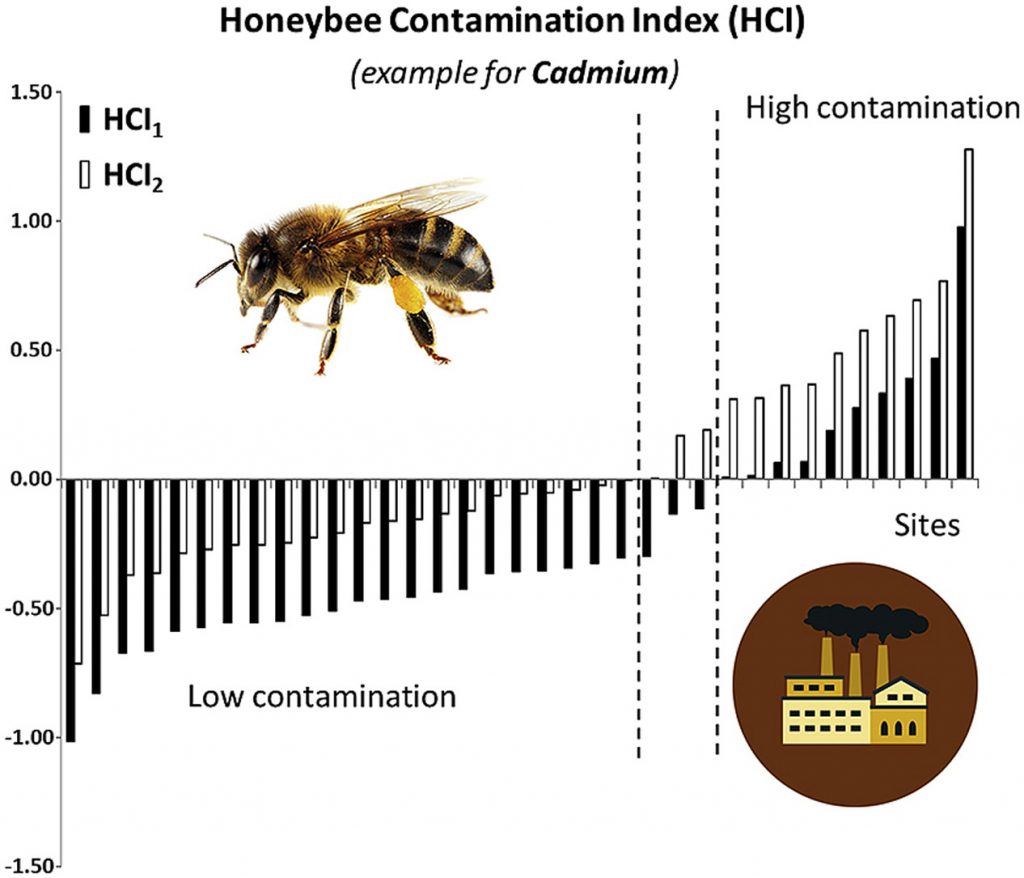
A second important topic of research is the impact of climate change and pollution on natural ecosystems. Ecosystems are impacted by air pollution, particularly sulphur and nitrogen emissions, and ground-level ozone as it affects their ability to function and grow. Emissions of both sulphur dioxide and nitrogen oxides deposit in water, on vegetation and on soils as “acid rain”, thereby increasing their acidity with adverse effects on flora and fauna. Ultimately, acidification affects the ability of ecosystems to provide “ecosystem services”, such as for example nutrient cycling and carbon cycling, but also water provision, on which the planet and human life is dependent.
This issue is approached by developing ecological indexes and novel bioindicators such as butterfly, crayfishes and honeybees.
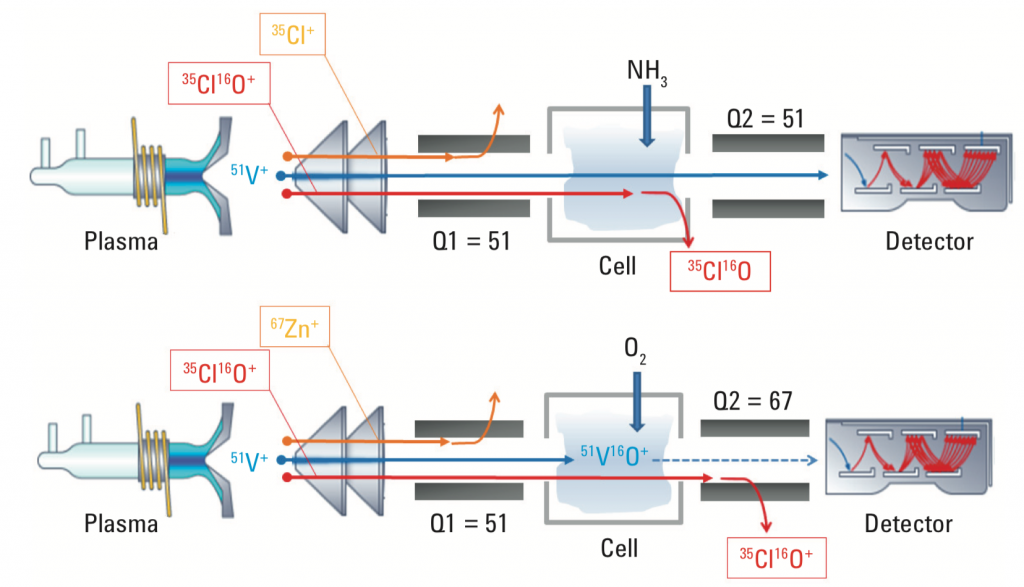
Thanks to the AMIS project the group has implemented a triple quadrupole ICP-MS-QQQ (Agilent 8900). This instrument is the core of the TRACES lab. The instruments provide unprecedented performance in resolving spectral interferences, enhanced sensitivity and fast detector system very important for single nanoparticle and cell analysis. The instrument is manufactured with low contamination material for Si, S and Se analysis. Main applications are on biological samples including bioindicators, food chemistry, nanoparticles, snow and ice. The main advantage of a triple quadrupole ICM-MS is the extraordinary capability to eliminate isobaric interferences exploting the collision reaction cell technique.
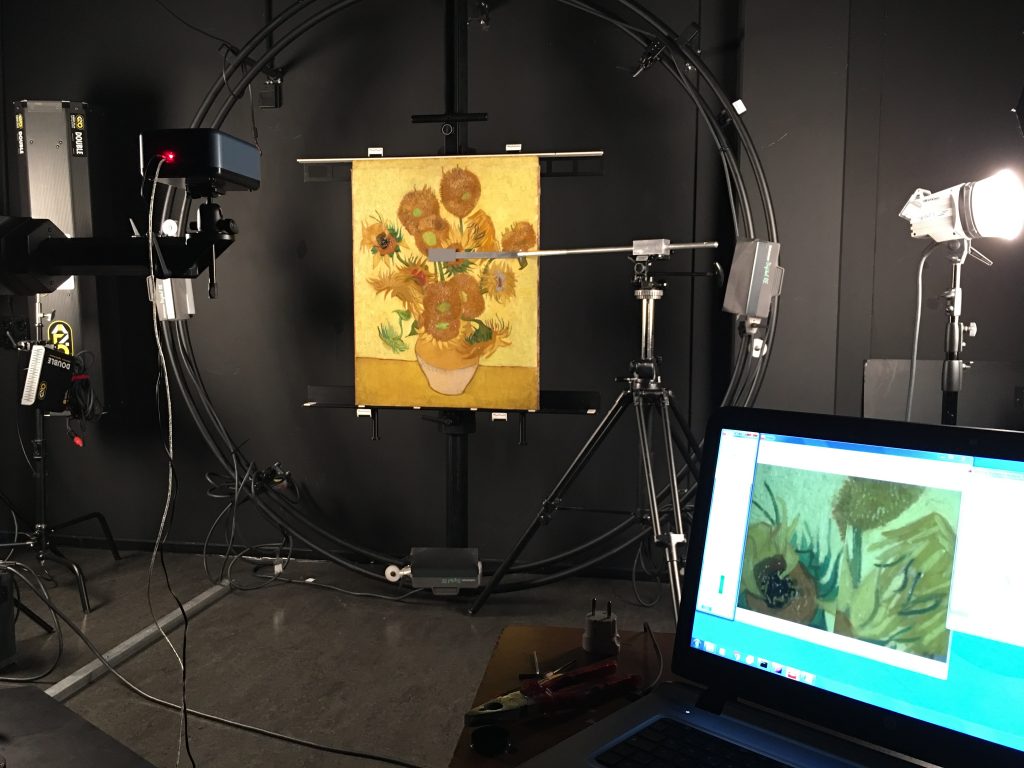
The laboratory’s experimental activities will be carried out in close interaction with the SMAArt Center of Excellence of UNIPG and with researchers of the ABC (Ambiente, Biodiversità & Beni Culturali) unit of the DCBB. Specific topics includes atmospheric aerosols, snow chemistry, bioindicators and bacterial biodiversity. Where possible, the molecular nature of the processes that undergo environmental pollutants will be characterized and computational models will be developed to predict their dispersion in the environment.
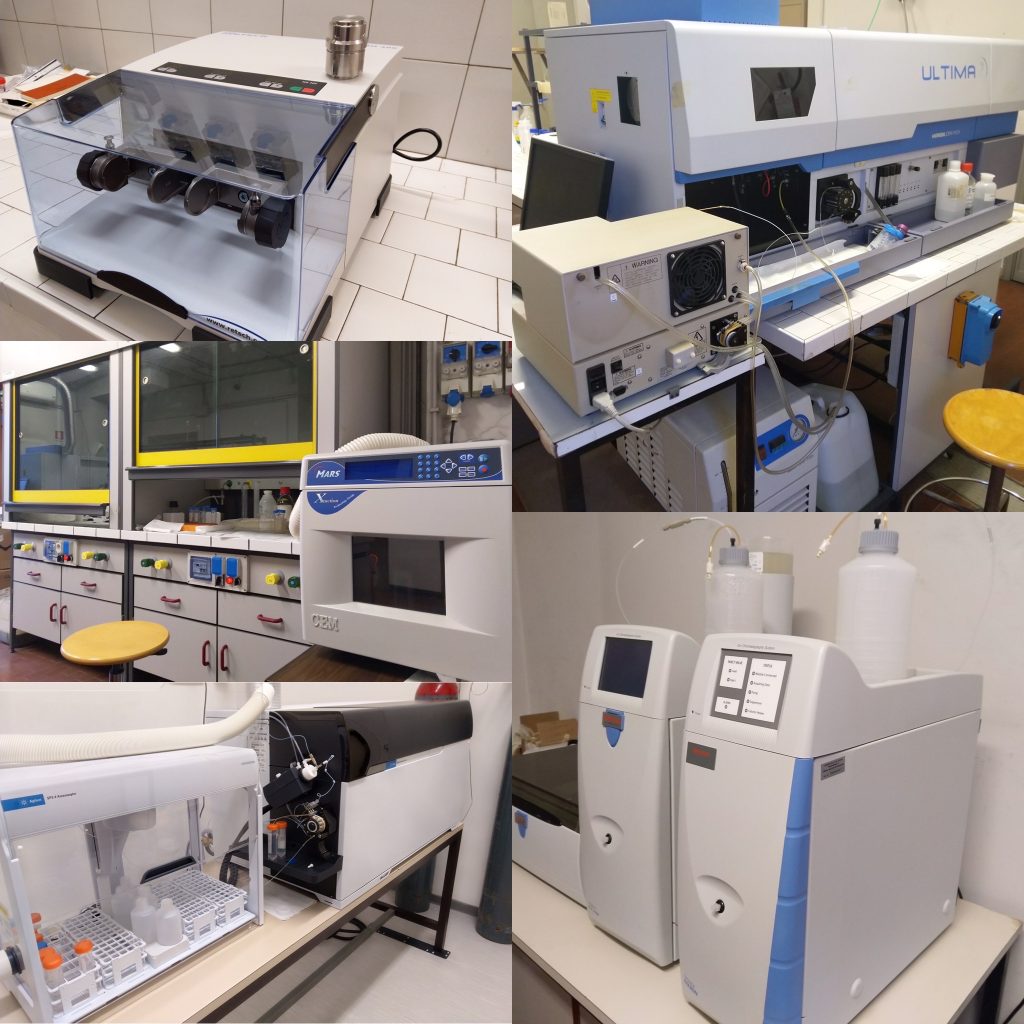
Main Instrumental Facilities
Staff
David Cappelletti (PI) – david.cappelletti@unipg.it
Aldo Romani
Stefano Crocchianti
Bartolomeo Sebastiani
Roberta Selvaggi
Ilaria Corbucci
Beatrice Moroni
Paola Gravina